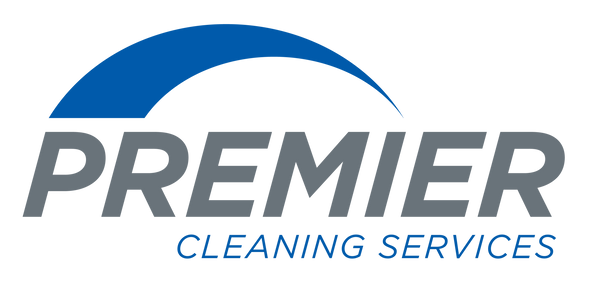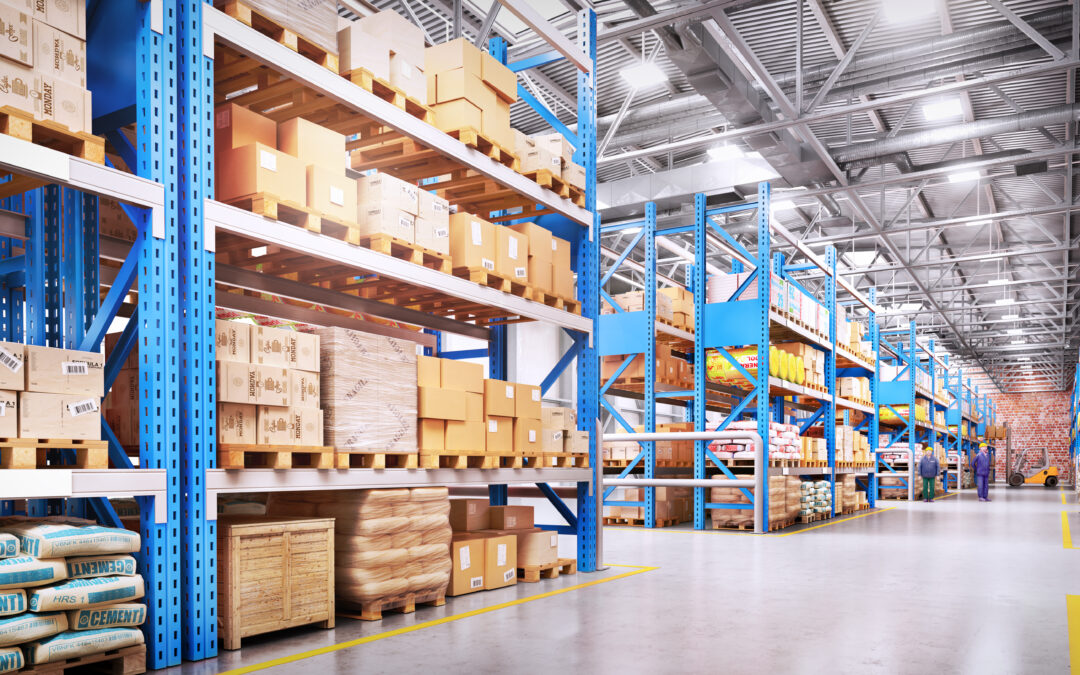Introduction
In the world of logistics and manufacturing, warehouses and industrial facilities serve as the backbone of operations. These spaces house valuable assets, inventory, and equipment critical to the supply chain. To ensure seamless operations and protect the well-being of employees, regular warehouse and industrial cleaning is not just a best practice but a necessity.
In this comprehensive guide, we will explore the importance of warehouse and industrial cleaning, the impact it has on safety and efficiency, and provide practical tips to optimize your cleaning routines. Whether you’re a logistics manager, a safety officer, or a business owner, this article will help you make informed decisions about maintaining your industrial workspace.
The Importance of Warehouse and Industrial Cleaning
Safety First
Safety should always be a top priority in any industrial setting. Warehouses and manufacturing facilities often involve heavy machinery, hazardous materials, and high shelves stacked with goods. A clean workspace minimizes the risk of accidents. Slippery floors, cluttered aisles, and poorly maintained equipment can lead to serious injuries.
Compliance with Regulations
Various government agencies and industry-specific organizations set strict standards for cleanliness and safety in warehouses and industrial facilities. Failing to comply with these regulations can result in costly fines and legal issues. Consistent cleaning helps you meet these requirements and ensures a safe working environment.
Efficiency Boost
An organized and clean warehouse is an efficient warehouse. When your employees don’t have to navigate through clutter or spend extra time searching for items, productivity increases. Clean equipment also runs more smoothly and has a longer lifespan, reducing downtime and maintenance costs.
The Impact of Neglecting Warehouse and Industrial Cleaning
Health Hazards
Dust, debris, and mold can accumulate in neglected areas of your facility. This not only creates an unsightly environment but also poses health risks to your employees. The CDC (Center for Disease Control) states that illness-causing pathogens can exist on high-contact surfaces if not regularly cleaned and disinfected. Allergies, respiratory problems, and infections can result from prolonged exposure to unclean conditions.
Inventory Damage
Dirty and disorganized warehouses can lead to damaged goods. Dust and debris can settle on products, potentially causing contamination or spoilage. Efficient cleaning practices protect your inventory and ensure that your customers receive high-quality products.
Reduced Efficiency
A cluttered and dirty workspace slows down operations. Workers may have to spend extra time looking for items, and machinery can malfunction due to neglect. This leads to costly delays and can affect your bottom line.
Best Practices for Warehouse and Industrial Cleaning
Now that we’ve established the importance of warehouse and industrial cleaning, let’s delve into some best practices to maintain safety and efficiency.
Create a Cleaning Schedule
Consistency is key. Develop a cleaning schedule that suits your facility’s needs. Some areas may require daily cleaning, while others may only need weekly attention. Ensure that all employees are aware of the schedule and their responsibilities.
Invest in Proper Equipment
Having the right tools for the job is essential. Industrial vacuums, floor scrubbers, and high-pressure washers can make cleaning more effective and less time-consuming. Additionally, provide personal protective equipment (PPE) to your cleaning staff to keep them safe.
Prioritize High-Traffic Areas
Focus your cleaning efforts on high-traffic areas like loading docks, shipping areas, and aisles. These spots are more likely to accumulate dirt and debris and are crucial for smooth operations.
Implement 5S Methodology
The 5S methodology (Sort, Set in order, Shine, Standardize, Sustain) is a systematic approach to organization and cleanliness. It helps streamline processes, reduce waste, and maintain order in your facility. Consider training your employees in 5S principles to keep your workspace organized and efficient.
Regularly Inspect and Maintain Equipment
Machines and equipment play a vital role in warehouse and industrial settings. Regular inspections and maintenance not only extend their lifespan but also ensure they operate at peak efficiency. A well-maintained forklift, for example, is less likely to break down and disrupt operations.
Promote Employee Involvement
Encourage all employees to take ownership of cleanliness and safety. Provide training on proper cleaning procedures and make sure they understand the importance of their role in maintaining a clean and safe workspace.
Consider Outsourcing to a Professional Cleaning Company
Finding the time and money to train and hire your own cleaners can be costly. Consider hiring a commercial cleaning service,
Conclusion
Maintaining a clean and organized warehouse or industrial facility is essential for safety, efficiency, and overall productivity. Neglecting cleaning duties can lead to accidents, damaged inventory, and operational disruptions. By implementing best practices, creating a cleaning schedule, and involving your employees in the process, you can create a workspace that not only meets regulatory standards but also enhances your business’s bottom line.
Ready to outsource to a responsible professional cleaner? Visit Premier Cleaning Services to request a free estimate.

